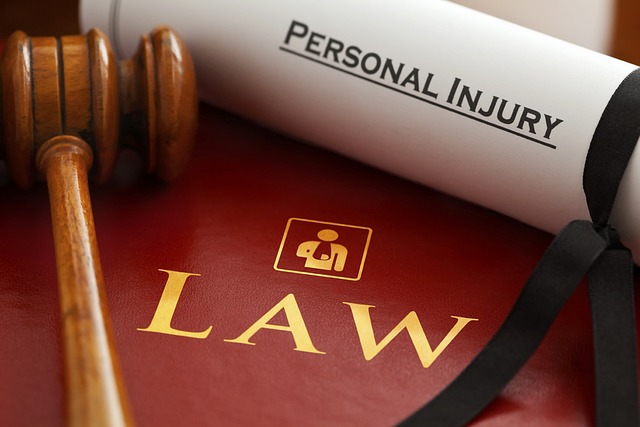Legal disputes, known as personal injury claims, occur when an individual sustains harm or injury due to an accident caused by another party’s negligence. These mishaps can happen in various circumstances, including auto accidents, trips and falls, medical errors, and work-related injuries.
In the event of an accident, the victim is entitled to compensation from the at-fault party for their injuries, medical expenses, and other damages. However, not all personal injury claims have the same value. Various components can significantly increase the value of a personal injury claim.
Medical Expenses
The cost of medical care after an accident can go up quickly. These expenses can burden the victim and their family, from hospital bills to ongoing treatment costs. Therefore, keeping track of all medical expenses related to the injury is essential when filing a personal injury claim.
These expenses include ambulance fees, doctor’s appointments, hospital stays, prescription medications, and physical therapy. Documenting all medical costs can significantly increase the value of a personal injury claim.
Lost Wages
An injury can also result in lost wages for the victim. If the injuries sustained require time off work to recover, the victim will lose income. In case of a more severe injury, the victim may even have to take extended leave or retire from their job altogether.
When filing a personal injury claim settlement, lost wages should be considered when determining the compensation amount. This covers both the lost income as of right now and any future earnings that could be impacted by the injury.
Pain and Suffering
Pain and suffering are not easily quantifiable, unlike medical expenses and lost wages. However, they can significantly increase the value of a personal injury claim. Pain and suffering refer to the physical and psychological anguish brought on by the collision and the ensuing injuries.
The severity of the injuries, their effect on day-to-day functioning, and any persistent pain or discomfort will all influence the amount of compensation awarded for pain and suffering. In certain situations, assessing the amount of pain and suffering in a personal injury claim may necessitate expert testimony.
Permanent Disability or Disfigurement
Injuries from accidents can sometimes result in permanent disability or disfigurement, which can significantly decrease a person’s quality of life. These types of injuries can also considerably increase the value of a personal injury claim.
For instance, a person involved in a car accident that leaves them permanently paralyzed might be entitled to lifetime medical care benefits as well as compensation for their diminished quality of life. Similarly, severe burn injuries or scarring can also significantly increase the value of a personal injury claim.
Liability
For a personal injury claim to be successful, the at-fault party’s negligence and the actual cause of the victim’s injuries—or lack thereof—must be demonstrated. The more clear-cut and obvious the liability, the stronger the claim. This can increase the chances of receiving a higher settlement amount.
Finally!
It’s important to note that every personal injury claim is unique, and there is no guarantee of a specific settlement amount. However, a personal injury claim’s value can be considerably raised by taking these factors into account and obtaining legal counsel from a knowledgeable personal injury attorney.
Other factors that may impact the value of a personal injury claim include the jurisdiction in which the accident occurred and the specific laws governing personal injury claims in that location. To decide the appropriate course of action for your case, you must speak with a lawyer.
Your prospects of obtaining just compensation for damages and injuries might be improved with the help of competent documentation and legal counsel. So, seeking legal guidance and representation is highly recommended to ensure the best outcome for your personal injury claim.








Recent Comments